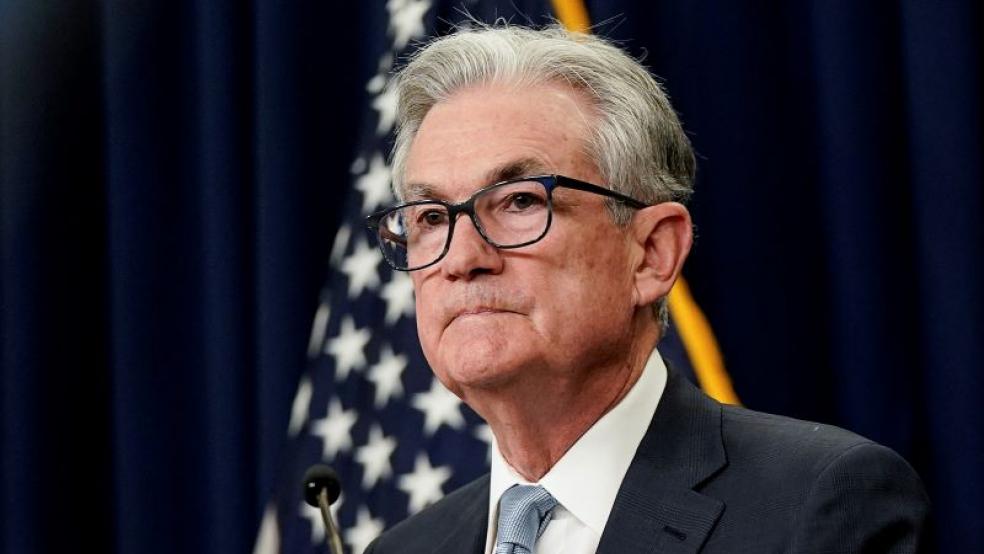As the Federal Open Market Committee kicked off a two-day meeting Tuesday, officials at the Federal Reserve faced a difficult decision: Should they raise interest rates for the ninth time in a row to signal that they remain committed to their fight against inflation, or pause their tightening campaign to give banks threatened by a system-wide crisis a break?
Despite the recent failure of California-based Silicon Valley Bank and the fire sale of Europe’s Credit Suisse, most analysts expect the Fed to raise rates once again. According to the CME FedWatch Tool, which measures market expectations, 86.4% of investors think the Fed will raise its target interest rate by 25 basis points tomorrow, to a range between 4.75% and 5.00%.
Some prominent economists are calling for the Fed to press ahead in its battle against inflation. “It would be very unfortunate if, out of solicitude for the banking system, the Fed were to slow down its rate of interest-rate increase beyond what was appropriate given the credit contraction,” former Treasury Secretary Larry Summers told Bloomberg.
Michael Feroli of J.P. Morgan said that the Fed cannot afford to pause. “You lose time on the fight against inflation if you wait,” he told The New York Times.
At the same time, there are plenty of people on Wall Street who think the Fed should tap the brakes to avoid putting further pressure on the banks. “At this point in time, for the Fed, a pregnant pause is warranted,” said Diane Swonk, the chief economist at KPMG. “It’s a marathon, not a sprint — hold back now, promise to do more later if needed.”
Jeremy Stein, a former Fed governor, said the Fed could justify a pause by explaining that the banking crisis is tightening credit, which is one of the goals of the rate increase campaign. “You would want to say, ‘This is doing some of our monetary policy job for us,’” Stein told The Wall Street Journal. “If you can communicate that well and effectively, the choice between 25 and 0 is less consequential than how you explain it.”
But failing to raise rates could send a troubling signal. Former Obama administration economist Jason Furman said Tuesday that several former Fed officials were arguing that the central bank should raise rates because failing to do so would tell investors that “the underlying situation was worse than realized.”
The bottom line: The Fed is facing one of its toughest calls since the banking crisis in 2008. We’ll learn more tomorrow afternoon when the Fed announces its decision on interest rates and chief Jay Powell speaks to the press about the central bank’s view of the economy. “It’s going to be a tough decision with very tricky communications,” William English, a former Fed economist, told the Journal.




